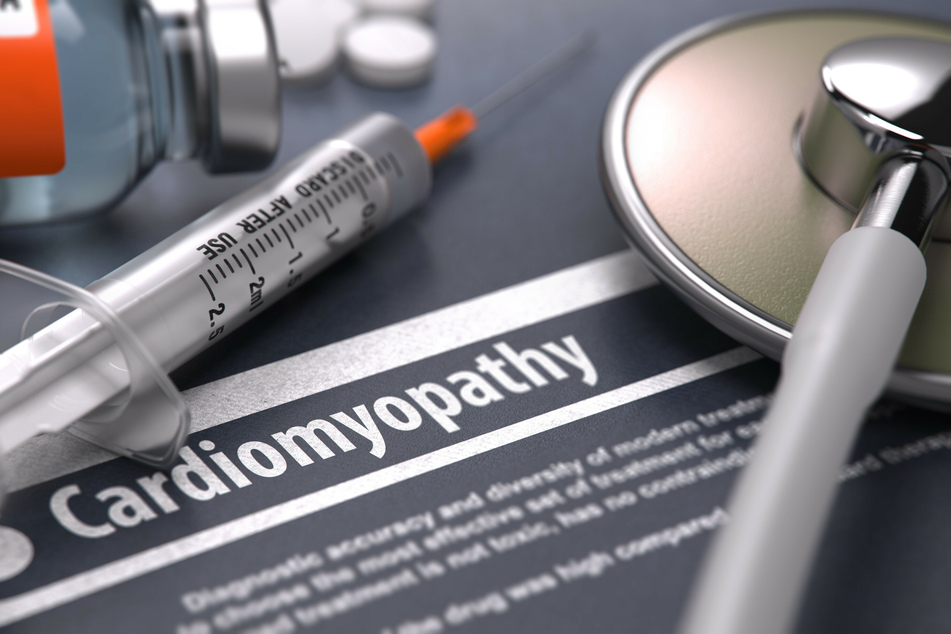Scientists set to develop cure for genetic heart conditions that cause sudden death
London, UK - Scientists say they are just a few years away from curing genetic heart conditions which affect millions of people worldwide and can cause sudden death.

An international team of researchers is coming together for cutting-edge science after being awarded more than $36 million by the British Heart Foundation (BHF).
They will develop the first cures for inherited heart muscle diseases by rewriting DNA with the aim of editing or silencing faulty genes. The hope is that within just a few years a "cure" injection can be delivered to patients as a shot in the arm, and could be used to prevent illness in family members who carry the same faulty gene.
Inherited heart muscle conditions are driven by different abnormalities in the heart, but can cause sudden death or progressive heart failure. According to the CDC, as many as one in 500 American adults could be suffering from genetic cardiomyopathy, an often undiagnosed condition usually caused by an inherited heart muscle disease.
Those affected have a 50-50 risk of passing faulty genes on to each of their children and, often, several members of the same family develop heart failure, need a heart transplant, or die at a young age.
The team behind the new research, who are all leading scientists from the US, UK, and Singapore, were selected by an advisory panel chaired by Professor Sir Patrick Vallance, the UK government's chief scientific adviser.
With the new research program, experts hope to permanently correct or silence mutant genes involved in causing these heart problems. They will also look at replenishing the inadequate protein supply that happens when a gene does not work properly.
Research team aims to deliver unprecedented cure

Christine Seidman, professor of medicine at Harvard Medical School in the US and co-lead of the CureHeart project, said the idea is to "fix the hearts" and revert them to more normal function.
She said: "Most of the mutations that we find in our human patients, and while there are vast numbers of them (mutations), they all frequently will alter one single letter of the DNA code."
"That has raised the possibility that we could alter that one single letter and restore the code so that it is now making a normal gene, with normal function."
She said some "very elegant chemistry" has already advanced this field of science, adding: "Our goals are to fix the hearts, to stabilize them where they are, and perhaps to revert them back to more normal function.
"We may be able to deliver these therapies in advance of disease, in individuals we know from genetic testing are at extraordinary risk of having disease development and progressing to heart failure."
"Never before have we been able to deliver cures, and that is what our project is about. We know we can do it and we aim to get started. "With our ability to show this, we think there is an extraordinary opportunity to extend these therapies to many other forms of heart disease."
The team will use precision genetic techniques, called base and prime editing, in the heart for the first time. Animal studies have already shown the techniques work.
Cover photo: IMAGO / agefotostock
